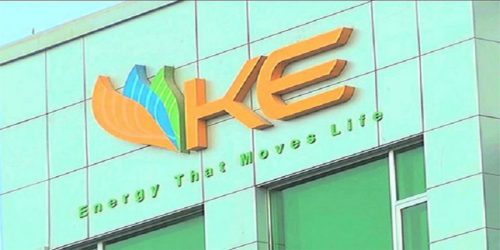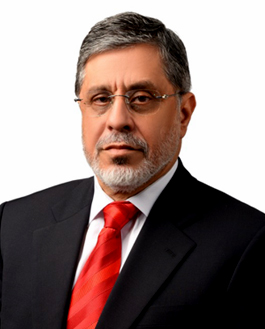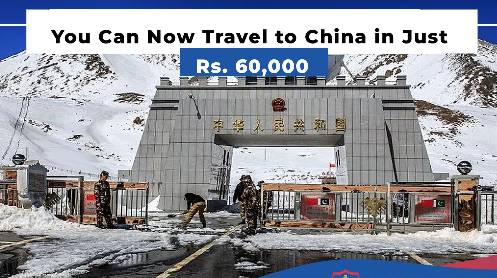ISLAMABAD: Karachi Electric (KE) has decided to make a public appeal to the federal government for clearance of its pending dues immediately and adjustment in its tariff, well-informed sources told Business Recorder.
Karachi’s power tariff is Rs 2.89/unit less than the rest of the country and must be brought in line with the prevalent Uniform Tariff Policy across Pakistan.
The sources said K-Electric will invest $ 2 billion over the next three years across its power value chain, including a 900 MW RLNG-fired power plant. However, financial viability is a critical component of continued investments.
The sources said, to meet project timelines and ensure continued investment, KE’s borrowing has increased substantially, which is neither viable nor sustainable. KE’s receivables have also increased in lieu of Tariff Differential Claims and KW&SB dues.
While Punjab-based industrial associations are among the top three largest contributors to the economy of Pakistan with a major share in the country’s exports, they are getting the short end of the stick when it comes to electricity tariff.
They are paying up to Rs 2.89 per unit more for electricity than industrial counterparts in Karachi .
At the same time, they also pay additional surcharges of over Rs 0.50 per unit in “gross violation” of the uniform tariff policy in place across the country, which is in place to provide a level playing field to all power customers by standardizing the electricity rates.
The quantum of benefit provided to Karachi-based industries in FY 2020 is at least Rs 12 billion as they pay up to 24% less than industries in Lahore and Faisalabad. At the same time, industrial consumers of Discos end up paying a higher tax in absolute terms due to the higher tariff. For example, an industrial consumer in category B2 (with a load of 5kW to 500kW) and consumption of 20,000 units divided between peak hours and off-peak hours in Karachi would pay approximately Rs 340,998 while an Industrial consumer in Lahore is paying around Rs 423,725.
In other words, Punjab-based industrialists have paid 24% more because of additional charges, surcharges, and taxes as well as the higher tariff.





